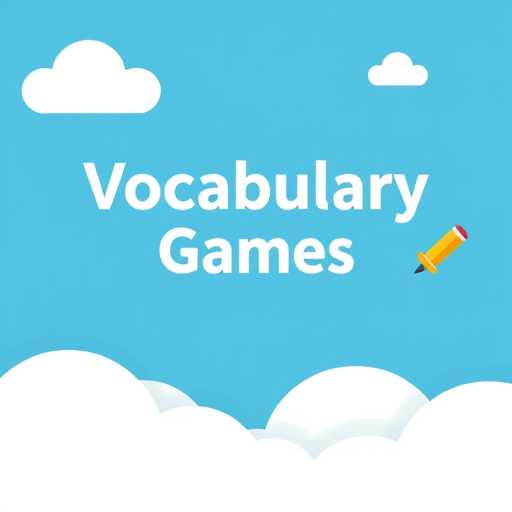In today's digital age, learning is no longer confined to traditional methods, as innovative educational tools have emerged to make learning both engaging and effective. Among these, Vocabulary Games have gained significant popularity for combining education with entertainment, providing a unique platform for both children and adults to enhance their language skills. This article delves into the benefits and features of vocabulary games, making a compelling case for their integration into everyday learning.
Vocabulary games fall under a dynamic category on various educational websites, often tagged with keywords like "7game," reflecting the diverse range of games available. These games employ creative strategies to teach new words, improve spelling, and expand one's lexicon, all while ensuring that learners remain engaged and motivated.
One of the key advantages of vocabulary games is their interactive nature, which maintains high levels of user engagement. Through quizzes, puzzles, and word-building challenges, players can expand their vocabulary in a fun and stress-free environment. Games such as word searches, crosswords, and scrabble-inspired challenges require players to think critically and can even encourage friendly competition among peers. This not only helps reinforce word recognition but also aids in retention, as players are more likely to remember words encountered during enjoyable activities.
Moreover, vocabulary games can be tailored to suit different skill levels, making them accessible to a wide audience. Whether it's a beginner just starting their language journey or an advanced learner looking to refine their skills, these games offer something for everyone. Many platforms categorize games by difficulty, allowing learners to choose activities that match their competency level, thus ensuring a personalized learning experience.
Incorporating vocabulary games into educational curriculums or even daily routines can lead to significant improvements in language proficiency. They are an excellent tool for educators and parents seeking to supplement traditional learning techniques in a manner that feels less like work and more like play.
In conclusion, vocabulary games represent a valuable resource in the modern education landscape. By effectively blending fun with learning, they transform the way languages are acquired, making the process enjoyable and engaging. As educational methods continue to evolve, vocabulary games will undoubtedly play an integral role in shaping tomorrow's language learners, turning playtime into a meaningful educational endeavor.








